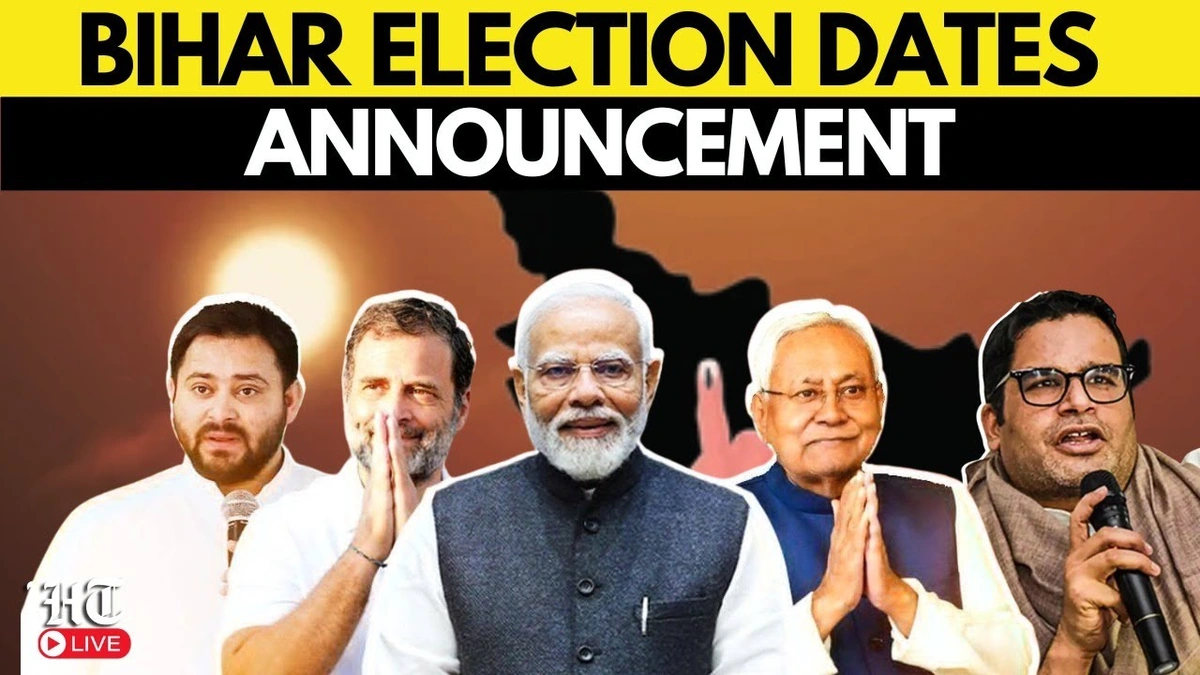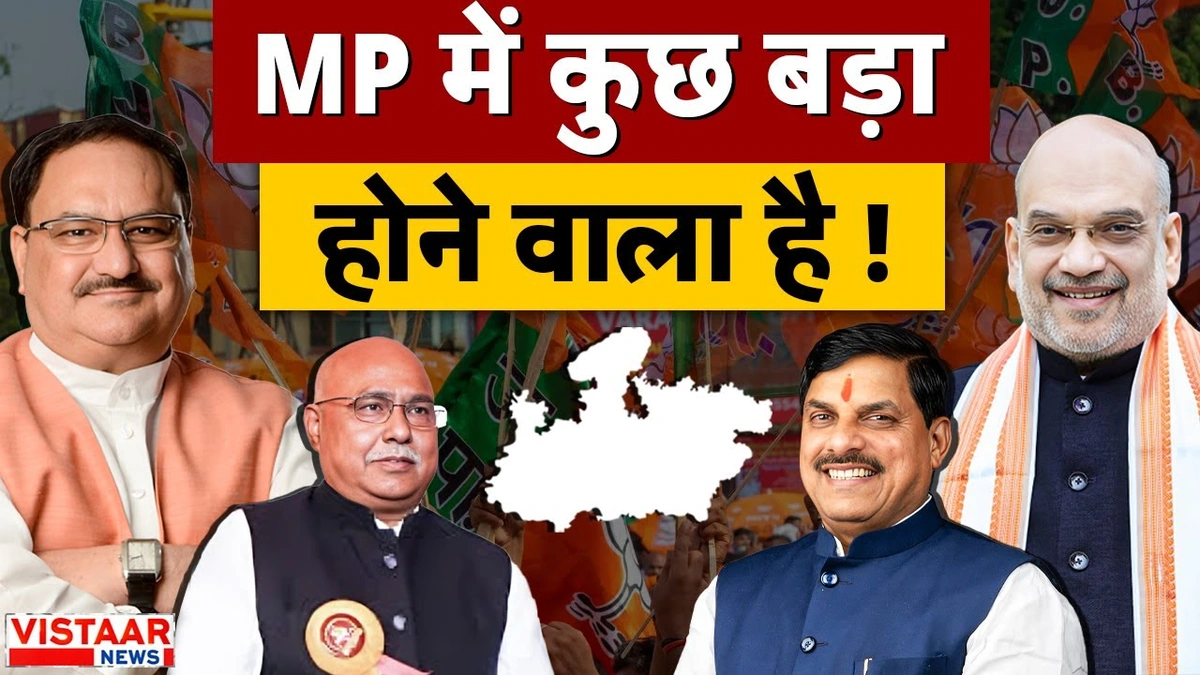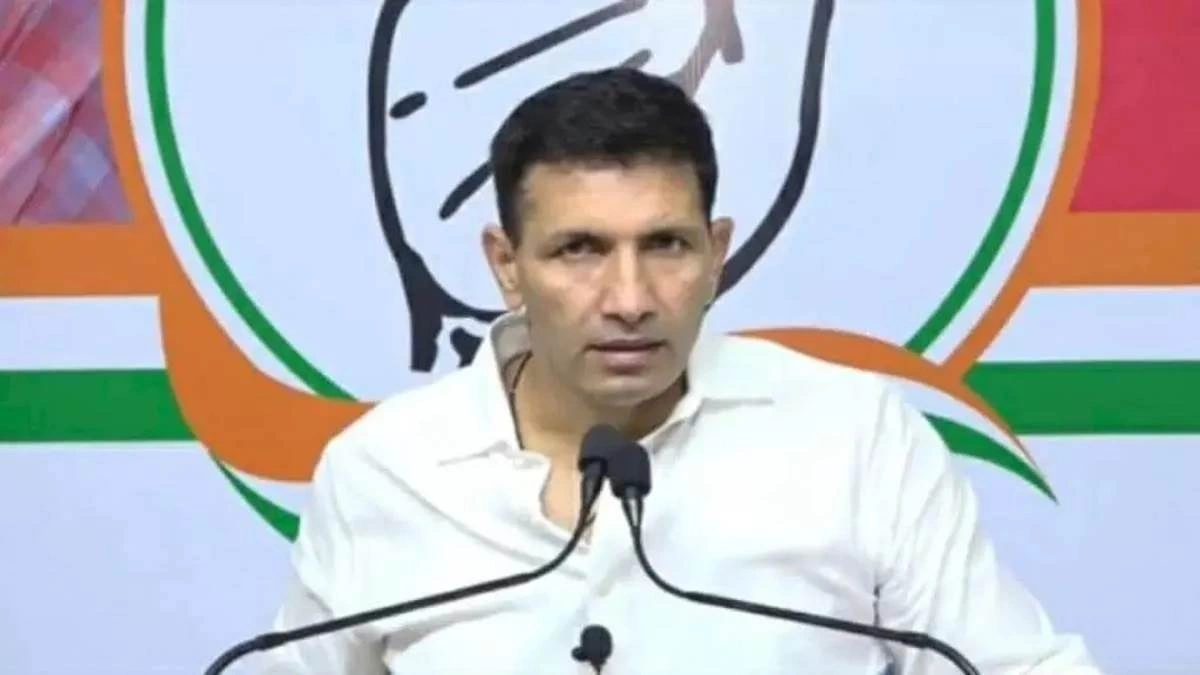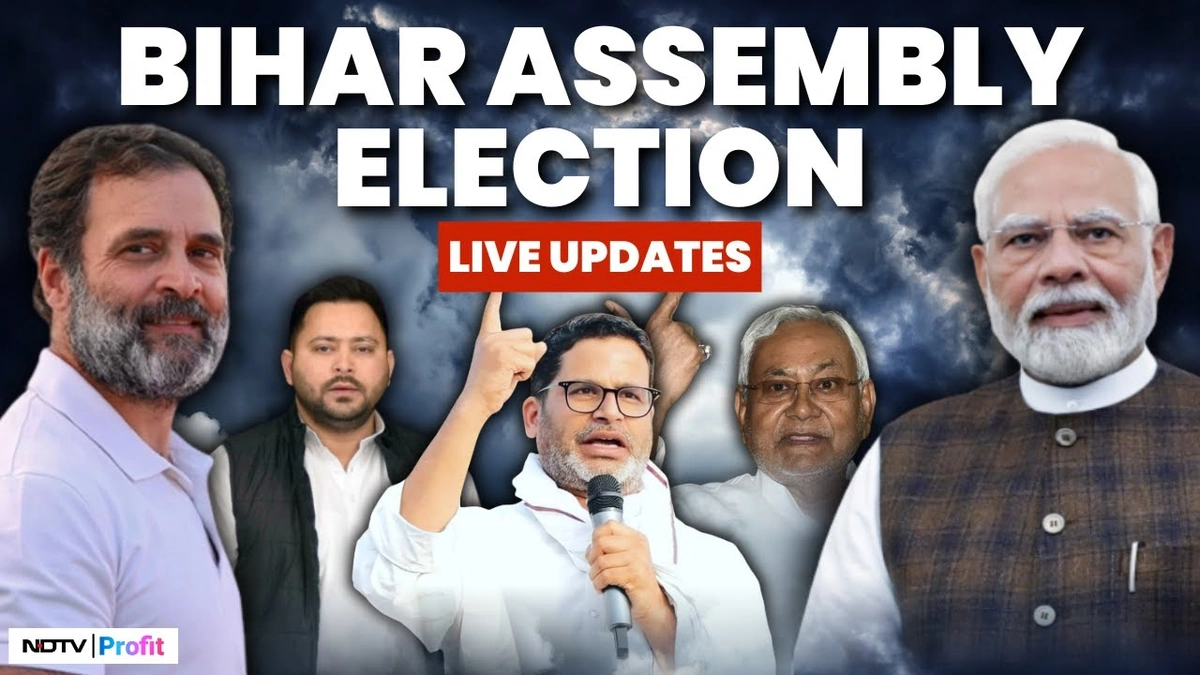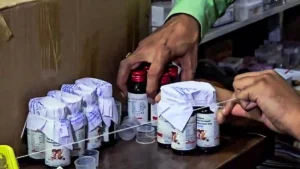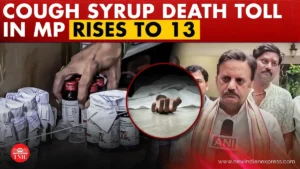Bihar Elections | Security Forces Deployment – 5000 CAPF, 121 CRPF, 400 BSF
Alright, folks, let’s talk Bihar Elections. You might be seeing headlines about the sheer number of security personnel being deployed – 5000 from the Central Armed Police Forces (CAPF), 121 companies of the Central Reserve Police Force (CRPF), and 400 from the Border Security Force (BSF). But here’s the thing: it’s not just about the numbers. It’s about why such a massive deployment is deemed necessary, what it says about the state of play in Bihar, and, frankly, what it means for the average voter trying to exercise their democratic right.
Why So Many Security Forces? Decoding the Deployment
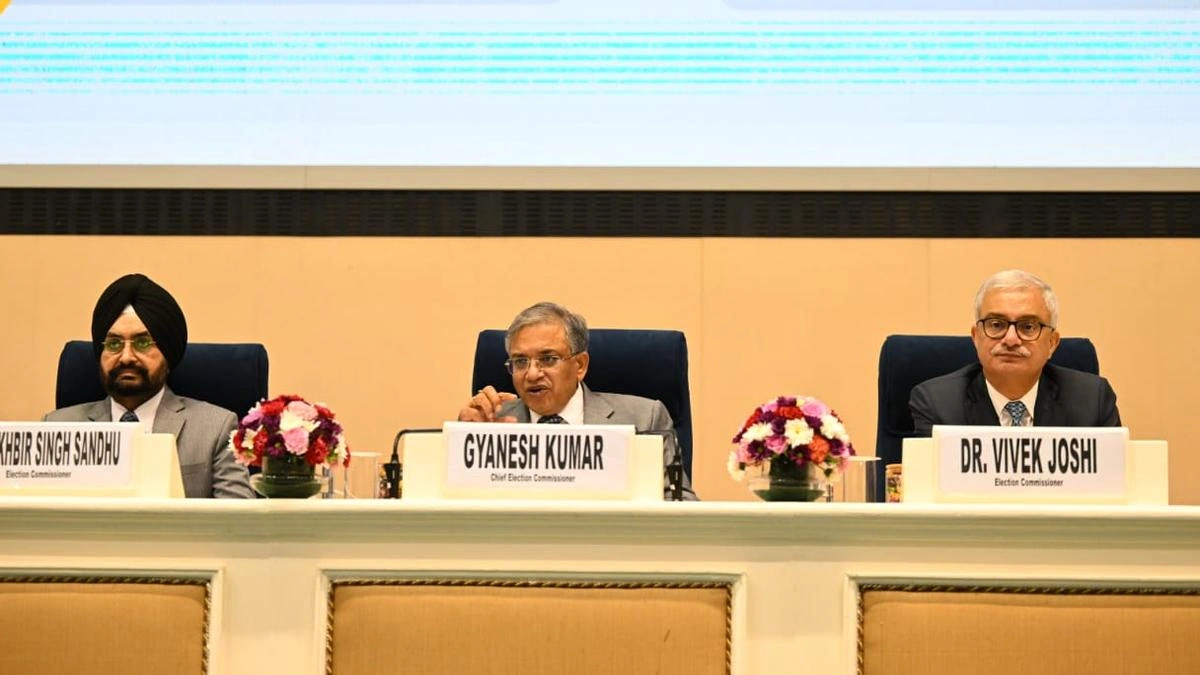
So, why this level of security? Let’s be honest, Bihar has a history. Elections, especially in certain regions, haven’t always been a walk in the park. Past elections have, sadly, been marred by violence, booth capturing, and intimidation. This deployment is, in many ways, a statement – a very loud one – that authorities are determined to ensure a free and fair election. But it’s more than just a show of force. It’s about creating an environment where people feel safe enough to vote without fear. The Election Commission of India (ECI) takes this very seriously, and this level of deployment reflects that commitment. Beyond that, it’s about preventing any one group from hijacking the democratic process. We need to consider the impact of live news on voters too.
But, you know, what fascinates me is the logistics. Imagine coordinating the movement and deployment of this many personnel! It’s a massive undertaking involving meticulous planning, transportation, communication, and ensuring the well-being of the forces themselves. I mean think of election security as an intense game of chess.
The Role of CAPF, CRPF, and BSF | A Quick Rundown
Okay, so we know a lot of personnel are deployed, but who exactly are these guys? Understanding the roles of CAPF, CRPF, and BSF is important here. The CAPF is essentially an umbrella term for several central armed police forces. They’re trained for a variety of roles, from maintaining law and order to counter-insurgency operations. The CRPF , on the other hand, is specifically geared towards internal security. They’re the ones you’ll often see managing crowds, controlling riots, and generally ensuring peace during potentially volatile situations. And then there’s the BSF , primarily responsible for guarding India’s borders. Their deployment during elections usually happens in areas bordering other states to prevent the influx of anti-social elements and illegal activities.
All of these forces are working under the direction of the ECI during the election period to make sure things go smoothly. A common mistake I see people make is thinking of them as just enforcers of rules. Their role is more nuanced; they are the facilitators of democracy during the Bihar Elections.
Impact on the Ground | What It Means for Voters
So, how does all this impact the average voter? Ideally, it should translate to a more secure and confident voting experience. The presence of these forces acts as a deterrent to those who might try to disrupt the process. But let’s be real – it can also be intimidating for some. There’s a delicate balance between ensuring security and creating an atmosphere of fear. The goal is to ensure voters can freely exercise their right to vote without feeling pressured or threatened.
The truth is, a visible security presence can increase voter turnout in some areas, while deterring voters in others, especially marginalized communities. Electoral participation needs to be enhanced, but security needs to be maintained. The end goal is that the election process should remain safe and fair. Let me rephrase that for clarity; the increased security means there is a focus on a level playing field for voters, which in turn leads to more participation.
Beyond Security | Addressing the Root Causes
Here’s the thing: deploying security forces is a reactive measure. It addresses the symptoms, not the underlying causes. What fascinates me is how little discussion there is surrounding the underlying drivers of electoral violence and malpractice in Bihar. Issues like poverty, social inequality, and political corruption often fuel these problems. While security forces can help maintain order on election day, long-term solutions require addressing these deep-rooted issues. But that is often ignored in the election news.
So, what does addressing those issues look like? Well, it means investing in education, creating economic opportunities, and strengthening institutions to combat corruption. It means empowering local communities and fostering a sense of civic responsibility. It’s a long and complex process, but it’s essential for creating a truly democratic society. And until we address these root causes, we’ll likely continue to see the need for heavy security deployments during elections.
Expert Insights on Bihar Election Dynamics
According to political analysts, this year’s election is particularly crucial. Several factors are at play, including shifting caste dynamics, the rise of new political alliances, and the impact of national issues on the local electorate. The deployment of security forces also reflects an attempt to prevent any one group from gaining an unfair advantage through intimidation or violence. According to reports, areas known for past electoral disturbances will see even higher levels of security presence. The increased security measures are also an attempt to curb the flow of illegal money and liquor during the election period. The goal is that the overall effect will increase voter turnout.
Ultimately, the success of these elections hinges on more than just the number of security personnel deployed. It depends on the willingness of political parties to play fair, the vigilance of election officials, and, most importantly, the active participation of informed and empowered voters. And that, my friends , is the real key to a truly democratic election.
FAQ Section
Will there be additional security checks at polling booths?
Yes, expect thorough checks by security personnel at all polling booths to ensure no prohibited items are carried inside.
What if I witness any violence or intimidation during voting?
Immediately report any such incidents to the nearest security personnel or election officials present at the polling booth.
How will the security forces ensure fair voting practices?
The security forces will be actively monitoring the voting process and responding to any attempts to disrupt or influence the election.
What measures are in place to prevent booth capturing?
Security forces will be strategically deployed to prevent booth capturing and ensure that every voter can cast their vote freely.
Will there be restrictions on movement during the election period?
Restrictions on movement may be imposed in certain areas to maintain law and order. Stay informed about the latest guidelines from local authorities.
What should I do if I encounter any issues with security personnel at the booth?
Report any concerns or issues with security personnel to the presiding officer or election observer present at the polling booth.
